Jill Biden told Vogue magazine on Sunday that her husband “will continue to fight” to remain the Democratic nominee for president and then, in the same breath, declared that he “will always do the right thing for the country.” That these two statements directly contradict each other is obvious to anyone who watched last Thursday’s presidential debate or has paid even casual attention to the long-accumulating public evidence of Joe Biden’s cognitive decline.
And yet a number of prominent and influential Democrats, led by those closest to the president, would have the country believe he’s just fine. “If we’re just talking about mental acuity, let’s be fair about it,” former House Speaker Nancy Pelosi said on CNN over the weekend. “We see Joe Biden up close. We know how attuned he is to the issues, how informed he is.” Rep. James Clyburn of South Carolina told reporters last week there’s “no better Democrat” than Biden to lead the party into November’s general election.
Such water-carrying continues a theme in Democratic spin: Biden is sharp and attentive in private, but not in public. This is an affront to common sense that would be dubbed “gaslighting” if used in defense of Donald Trump. Is Biden choosing to keep his vigilance and cunning hidden from public view, like Phil Hartman’s Ronald Reagan? Has he, after spending more than 50 of his 81 years on this Earth in politics, contracted sudden-onset shyness or a kind of cognition-impairing agoraphobia? Maybe the most straightforward answer is also the correct one: He’s slowing down, and his decline has been accelerated by three-and-a-half years in arguably the most stressful job known to man.
Elected Democrats and their allies in the media have made a habit over the past decade of spotlighting their Republican counterparts’ cowardice, and they’ve been right to do so. Presented with ample opportunities over the years to stand up to the demagogue who hijacked their party and their movement, the vast majority of GOP lawmakers and right-wing pundits opted time and again for political expediency, self-preservation, and the path of least resistance. They’ve sacrificed their principles, abandoned the importance of decency and honor, and contributed to the spread of dangerous lies—because to do otherwise might cost them an election, their audience, or their proximity to power.
Democrats like Pelosi have had no problem diagnosing such gutlessness when it comes with an R next to its name. “This is about being afraid,” she said last summer about then-Speaker Kevin McCarthy’s efforts to retroactively expunge Donald Trump’s impeachments. “These people look pathetic.” Implicit in such criticism is the idea that her party would never stoop to such a level.
But now faced with a collective-action problem of their own, most leading Democrats’ moral clarity has vanished. Several prominent media figures have broken from the party line, but the ongoing effort by Biden’s allies to shut down legitimate questions about the president’s clearly deteriorating faculties—as well as his ability to carry out his current job responsibilities—is as shameless and irresponsible as just about anything Trump and his enablers have done over the past eight years. And if Biden refuses to step aside, it’d be an act of political selfishness surpassed in recent memory only by Trump’s efforts to remain in office after losing the 2020 election.
In press releases and on cable news, the Biden campaign has repeatedly insisted that “90 minutes does not negate three-and-a-half years of results.” Setting aside that fewer than 4 in 10 voters approve of those “results” and only 1 in 4 believe the country is on the right track, a second term in office is not a reward for a job well done. No, presidential elections are forward-looking, and this coming November’s contest will be a referendum on whether the incumbent can effectively do the job for another four years. He cannot.
Discussing last week’s debate, around The Dispatch’s office and with friends beyond work, we’ve been struck by how many people—how many of us—have dealt with a situation like the one facing the Bidens. Anyone who’s witnessed cognitive decline in elderly friends and relatives has heard the phrase “good days and bad days.” It comes up when loved ones are discussing a potential move to assisted-living facilities, or when they’re making the difficult decision to take the car keys from someone who shouldn’t be driving.
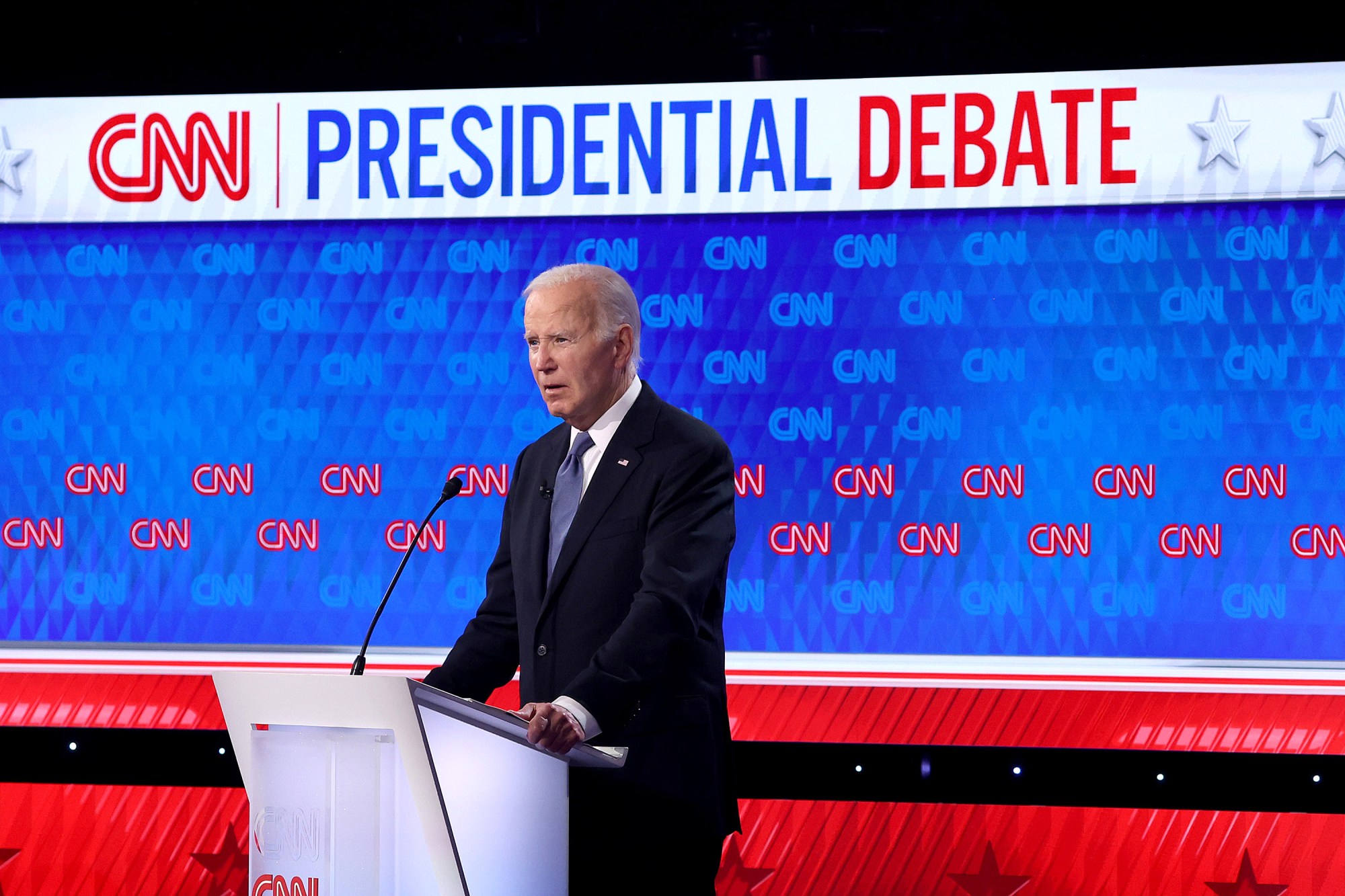
Joe Biden, by all accounts, has good days and bad days. On good days, he is reportedly “dependably engaged” between the hours of 10 a.m. and 4 p.m. On bad days, he wanders off, or freezes up, or reads the word “pause” aloud from his teleprompter. For those who have tuned into a handful of Biden’s public appearances in recent years, his inability on Thursday to string together multiple sentences—and his false claim that no U.S. troops have died during his presidency—came as no surprise.
Republicans have certainly exploited such “senior moments” for their own partisan purposes, but that does not magically render them unimportant or irrelevant—quite the opposite. World leaders reportedly have serious worries about Biden’s ability to keep up with discussions during international summits, and members of Congress from both parties have described a noticeably slower version of the president in recent months.
Some Democrats, like Rep. Ro Khanna of California, have dismissed such concerns by pointing to the people who would be surrounding Biden in a second term. But as our colleague Kevin Williamson points out, we elect presidents in this country, not prime ministers. And with a host of new challenges and the threat to Pax Americana arguably the highest it’s been in decades, the United States needs—and deserves—a leader who can be reliably counted on to answer those 3 a.m. calls.
Donald Trump—for too many reasons to count—is not that leader, either. Yet if Biden stubbornly decides to plow ahead, the former president will almost assuredly find himself back in the White House come January. A CBS News poll conducted after last week’s debate found that 72 percent of registered voters believe Biden does not have the “mental and cognitive health” to serve as president, and that 46 percent of Democratic voters believe Biden should not continue his 2024 campaign. Election analyst Nate Silver’s latest model shows Biden with just a 28 percent chance of securing another term, and he predicts that figure “will get worse” for the president in the coming weeks and months.
Democrats have been raising the alarm for eight years about the distinct threat Trump poses to the country and the constitutional order. They were right in 2016. They were right in 2020. And they’re right today.
But party leaders are not behaving in a manner consistent with those dire warnings. If the stakes of this election genuinely are as high as people like Nancy Pelosi say they are—that the future of democracy itself is in peril—Joe Biden must relinquish the Democratic nomination for president and allow himself to be replaced by someone capable of campaigning for the presidency and running the executive branch of the federal government.
Such maneuvering is certainly not without risks. Swapping Biden out now would require Democratic leaders and the party’s boosters in the media to admit, explicitly or implicitly, that they lied to the American people—for years—about the president’s condition. And if Biden is not fit to run for reelection, a good-faith argument could be made that he’s not fit to serve as president right now, either. There’s also no guarantee that the candidate who emerges from extended party infighting at the Democratic National Convention in Chicago this summer—with whom we expect we would have profound policy disagreements—will be able to pull together the increasingly fractured coalition necessary to keep Trump from the White House.
But that is almost beside the point.
Admitting that the current situation is untenable—and trying to do something about it—would represent a small act of political courage in an era that is desperately crying out for some. With increasingly few exceptions, politicians and pundits in Washington haven’t truly leveled with the American people—about Biden and Trump, about debt and deficits, about the separation of powers and the proper role of government—in years. Acknowledging that an 81-year-old man in clear cognitive decline should not be in charge of the most powerful military in world history would be a start.
And if Biden is truly intent on doing the right thing for the country as the first lady claimed, he has a difficult—but obvious—decision to make.
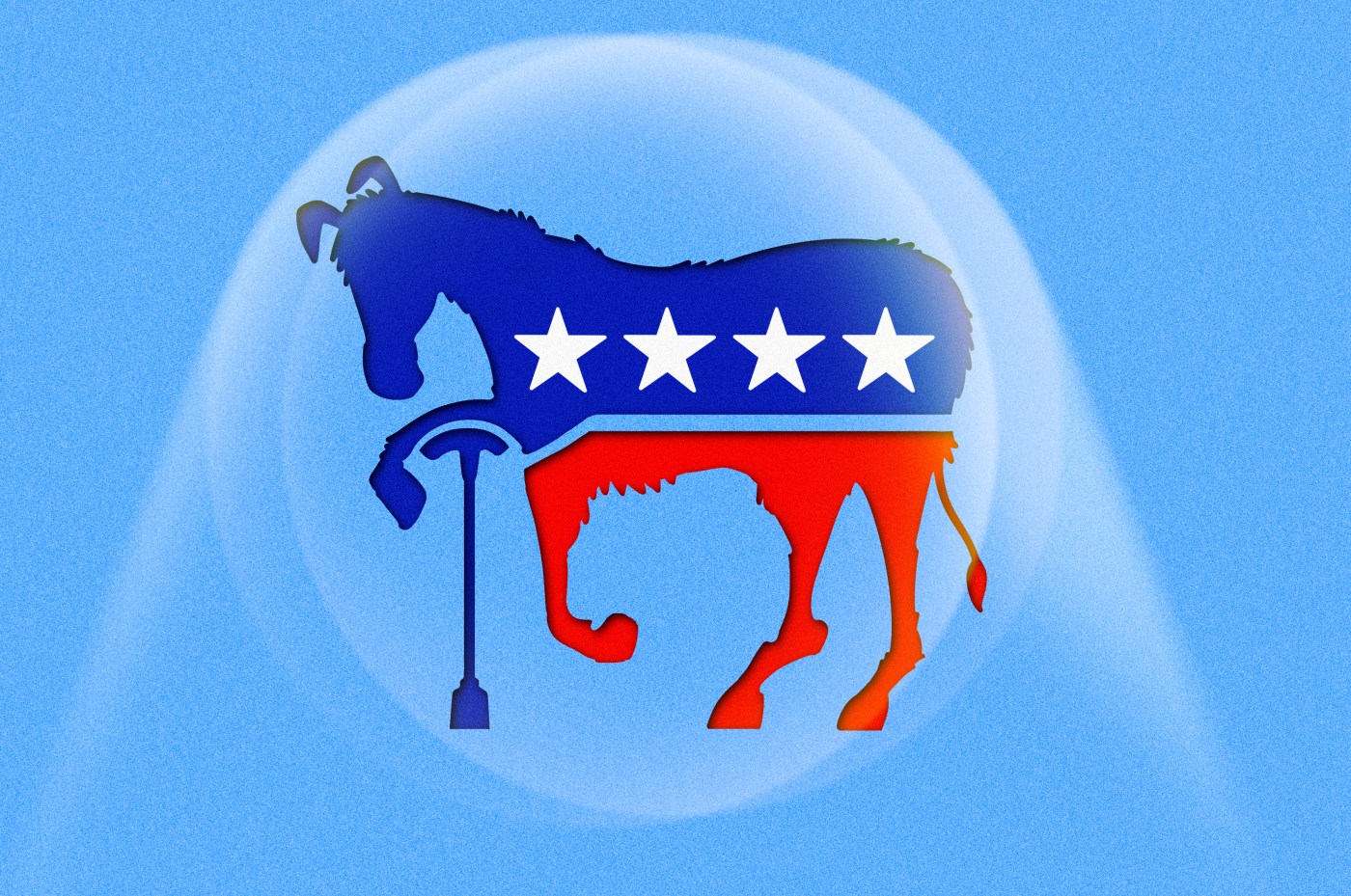

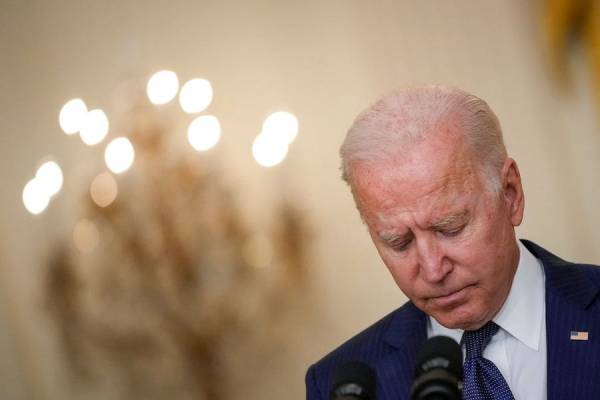
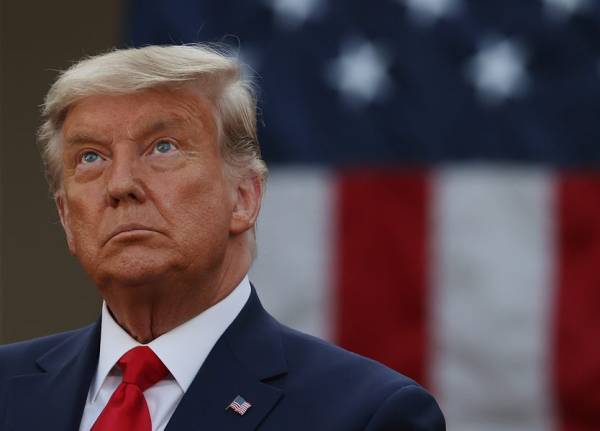

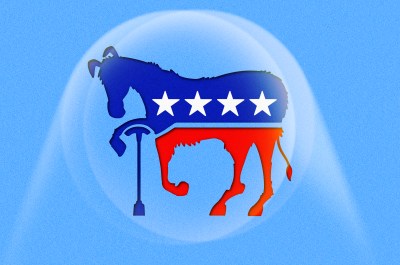
Please note that we at The Dispatch hold ourselves, our work, and our commenters to a higher standard than other places on the internet. We welcome comments that foster genuine debate or discussion—including comments critical of us or our work—but responses that include ad hominem attacks on fellow Dispatch members or are intended to stoke fear and anger may be moderated.
With your membership, you only have the ability to comment on The Morning Dispatch articles. Consider upgrading to join the conversation everywhere.